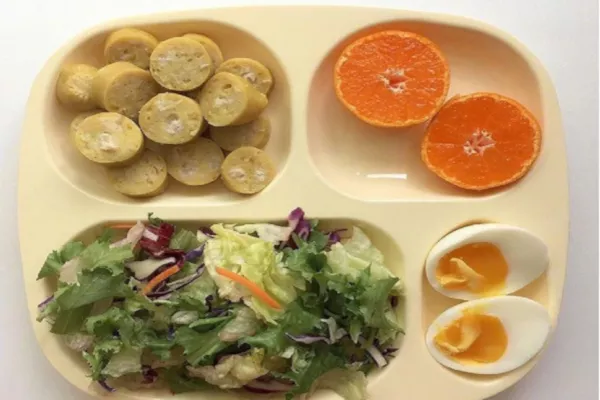When it comes to losing weight, what you eat is just as important as what you don’t eat. Certain foods can be detrimental to your weight loss goals, as they are high in calories, unhealthy fats, and added sugars. In this article, we will discuss what not to eat to lose weight and some tips to help you make healthier choices.
- Processed Foods:
Processed foods are high in calories, unhealthy fats, and added sugars, making them an unhealthy choice for weight loss. Processed foods such as fast food, chips, and sugary drinks should be avoided as much as possible. These foods provide little nutritional value and can contribute to weight gain and other health problems.
- Sugary Foods and Beverages:
Sugary foods and beverages such as candy, cakes, cookies, and soda are high in calories and contribute to weight gain. Consuming too much sugar can also increase the risk of developing type 2 diabetes and other health problems. Instead of sugary foods and beverages, choose healthier options such as fresh fruit, unsweetened tea, or water.
- Fried Foods:
Fried foods such as French fries, fried chicken, and fried fish are high in calories, unhealthy fats, and sodium. These foods can contribute to weight gain and increase the risk of developing heart disease and other health problems. Instead of fried foods, choose grilled or baked options that are lower in calories and healthier for your body.
- White Bread and Pasta:
White bread and pasta are refined carbohydrates that are low in fiber and nutrients. These foods can cause blood sugar spikes and leave you feeling hungry shortly after eating. Instead of white bread and pasta, choose whole-grain options such as brown rice, quinoa, or whole-wheat bread that are higher in fiber and more nutritious.
- High-Calorie Alcoholic Beverages:
Alcoholic beverages such as beer, wine, and cocktails are high in calories and can contribute to weight gain. Consuming too much alcohol can also impair judgment and lead to unhealthy food choices. Instead of high-calorie alcoholic beverages, choose lower calorie options such as light beer, wine spritzers, or vodka soda.
In conclusion, avoiding certain foods and beverages can help you achieve your weight loss goals and improve your overall health. Processed foods, sugary foods and beverages, fried foods, white bread and pasta, and high-calorie alcoholic beverages should be avoided as much as possible. Choosing healthier options such as fresh fruits, vegetables, whole grains, lean protein, and low-calorie beverages can help you make healthier choices and stay on track with your weight loss journey. Remember that weight loss is a journey, and making small, sustainable changes to your diet can help you achieve lasting results.


